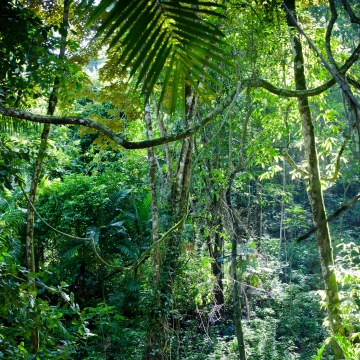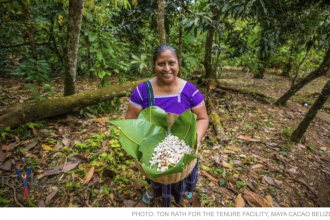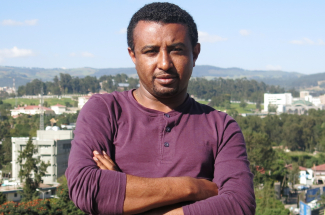Estimation of Participation and welfare impacts of REDD+ community-based pilot projects in Nigeria
Notwithstanding that REDD+ projects, besides reducing carbon emission, must impact on local livelihoods to be adjudged to be successful, evidence regarding welfare impact have been mixed. This study





